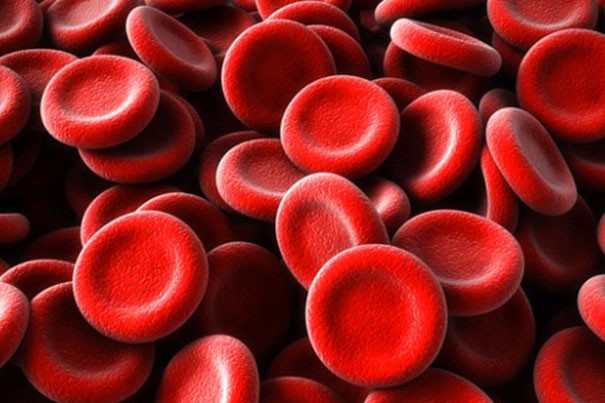“In (newly diagnosed multiple myeloma) patients, fatigue was one of the major symptoms in 32 percent of patients and related to anemia and the other symptoms due to MM…”
One of the most common multiple myeloma symptoms/side effects I am asked about or I read about on other lists and groups is fatigue. Before MM patients are diagnosed, they feel tired. Often for months preceding their diagnosis.
Fatigue is the kind of MM symptom that is often overlooked. Like the bone pain in my neck that I lived with for months preceding my own diagnosis of multiple myeloma in early 1994. Yes, I ignored my “pain in the neck” pain. If I knew then what I know now…
And the research below bears out this common MM symptom. The challenge is how to heal you fatigue. Yes, there are several FDA approved therapies to boost a person’s red blood cells.

My approach as a long-term myeloma survivor is to combine both “standard-of-care” (FDA approved) therapies with evidence-based non-conventional therapies in an effort to fix the problem. Experience has shown me that conventional therapies can be enhanced with non-conventional therapies. Almost all conventional therapies bring with them at least some toxicity and expense.
Keep in mind that the remedies listed below are beneficial for the multiple myeloma patient at almost every stage of his/her experience. For example, following the therapies below will help the patient pre-habilitate, sleep better, help the patient manage therapies better, heal more quickly and completely from an ASCT, etc.
To learn more about managing your multiple myeloma symptoms, scroll down the page, post a question or comment and I will reply to you ASAP.
Thank you,
David Emerson
- Myeloma Survivor
- MM Coach
- Director PeopleBeatingCancer
Recommended Reading:
““Cancer-related fatigue is one of the common non-hematological adverse events in patients with malignancies and affects quality of life negatively,” the researchers wrote. “(Cancer-related fatigue) occurs due to various reasons, such as patient-related factors, treatment-related factors, inflammatory cytokines, and metabolic and/or endocrine dysregulation.”
The development of proteasome inhibitors and immunomodulatory drugs has improved the prognosis of multiple myeloma in the last 10 years; however, these agents may also increase the incidence of viral infections by the herpes family like HHV-6 and HHV-7…
“In (newly diagnosed multiple myeloma) patients, fatigue was one of the major symptoms in 32 percent of patients and related to anemia and the other symptoms due to MM,” the researchers wrote. “In addition, fatigue due to treatment was also frequently observed.”
“In addition to transporting oxygen, hemoglobin carries carbon dioxide out of the cells and into the lungs. Carbon dioxide is then released as a person exhales. Having low hemoglobin can make it difficult for the body to perform these functions…
How to increase hemoglobin-
“A low red blood count, or anemia, can cause feelings of fatigue and weakness. When a person has a lower red blood count than is normal, their body has to work harder to get enough oxygen to the cells.
A low red blood cell (RBC) count can cause a variety of symptoms and health complications.
There are several diet and lifestyle changes people can make to help the body increase its RBC count. However, if symptoms continue, it is important to see a doctor.
RBCs are the most common component of human blood. The cells contain hemoglobin, which is a protein that carries oxygen around the body. Hemoglobin is also responsible for blood’s red color.
RBCs circulate the body for an average of 115 days. After this, they go to the liver, where they break down. The body recycles their nutrients back into the cells.
The bone marrow continuously produces RBCs. If the body does not receive a regular supply of necessary nutrients, the RBCs may become malformed or die off at a faster rate than the body can replace them.
In this article, we look at dietary and lifestyle changes that support RBC production, as well as giving an overview of how to understand RBC count and recognize the symptoms of low RBC levels.
Diet
- Iron
- Vitamin B-12
- Vitamin B-9
- Vitamin C
- Copper
- Vitamin A
Lifestyle changes
- Reducing alcohol consumption
- Exercising
Symptoms
Having a low red blood count or anemia can cause symptoms that may include:




